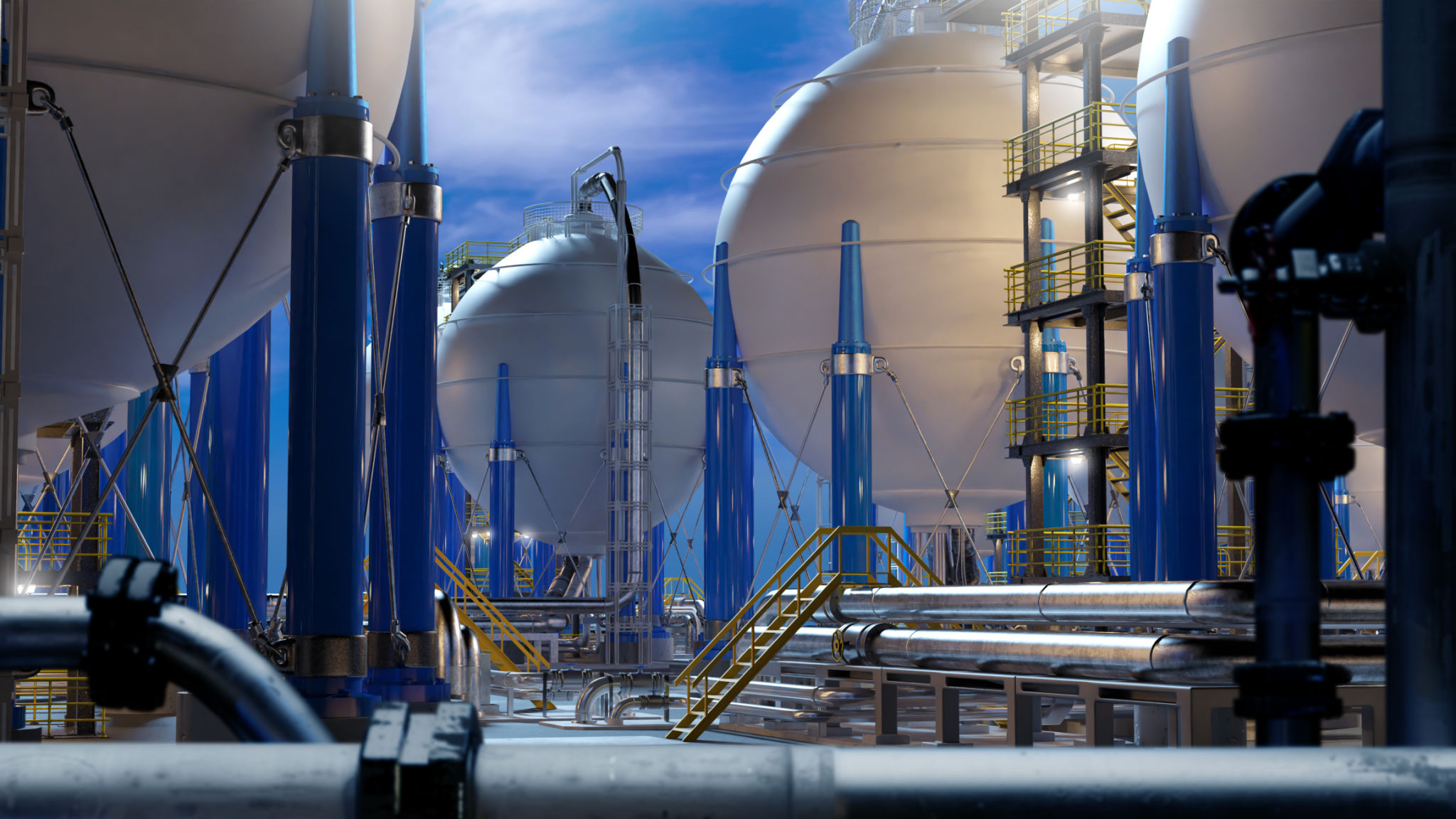A Beginner's Guide to Selecting the Right Gas Mixture for Your Needs
Understanding Gas Mixtures
Gas mixtures are essential in various industries, from manufacturing to healthcare. Selecting the right gas mixture is crucial for efficiency and safety. A gas mixture is a combination of two or more gases that are blended to achieve specific characteristics. These mixtures can be customized to suit different applications, such as welding, food processing, or laboratory analysis.
When choosing a gas mixture, it's important to understand the properties of the individual gases involved. Each gas has unique characteristics, such as density, flammability, and reactivity. Knowing these properties helps in selecting the right mixture for your needs.

Identifying Your Application Needs
The first step in selecting the right gas mixture is identifying its intended application. Different applications require different gas mixtures to achieve optimal results. For instance, in welding, the choice of gas can significantly affect the quality of the weld. Similarly, in food packaging, a specific gas mixture can extend shelf life by preventing oxidation and microbial growth.
Consider what you need the gas mixture for and what properties are essential for your application. This will guide you in narrowing down your options and making an informed decision.
Common Applications and Their Gas Mixtures
Here are some common applications and the typical gas mixtures used:
- Welding: Argon and carbon dioxide mixtures are commonly used to improve weld penetration and reduce spatter.
- Food Packaging: Nitrogen and carbon dioxide are often used to displace oxygen and extend product shelf life.
- Medical: Oxygen and nitrous oxide mixtures are frequently used for anesthesia.

Evaluating Safety Considerations
Safety is a paramount concern when dealing with gas mixtures. Some gases can be hazardous if not handled correctly. It is crucial to understand the safety data sheets (SDS) of each component of your mixture. These sheets provide information on potential hazards, safe handling practices, and emergency measures.
Ensure that your workspace has adequate ventilation and that you have the necessary safety equipment in place. Additionally, proper storage and labeling of gas cylinders are essential to prevent accidents.
Consulting with Experts
If you're unsure about which gas mixture to choose, consider consulting with experts or suppliers who specialize in industrial gases. They can provide valuable insights and recommendations based on your specific requirements. Many suppliers offer customized solutions tailored to meet your unique needs.

Cost Considerations
While selecting the right gas mixture, it's important to consider cost-effectiveness. Some mixtures may be more expensive due to the rarity or complexity of the gases involved. However, investing in the correct mixture can lead to cost savings in the long run by improving efficiency and reducing waste.
It's advisable to balance cost with performance to ensure you're getting the best value for your investment.
Testing and Quality Assurance
Once you've selected a gas mixture, it's essential to conduct testing to ensure it meets your requirements. Quality assurance processes can help verify the purity and composition of the mixture. Regular monitoring and testing can also help detect any deviations from the desired specifications.
By following these guidelines, you can confidently select a gas mixture that aligns with your needs and ensures optimal performance.
